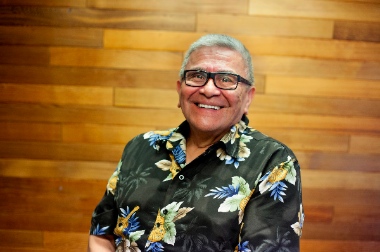
Chief Dr. Robert Joseph is the Ambassador for Reconciliation Canada, based on the North Shore. He will be a featured speaker at ‘Journey of Reconciliation: Listening to Indigenous Elders,’ hosted by Columbia Bible College April 9.
Leaders of all branches of the church are committed to following up on the Truth and Reconciliation Commission (TRC). There are several signs of hope, and a number of ways that Vancouverites can continue to educate themselves and participate in the reconciliation process.
“. . . church parties to the Settlement Agreement, and all other faith groups and interfaith social justice groups in Canada who have not already done so . . . formally adopt and comply with the principles, norms and standards of the United Nations Declaration on the Rights of Indigenous Peoples as a framework for reconciliation.”
Vancouver’s Catholic Archbishop Michael Miller stated in a March 31 B.C. Catholic article that reconciliation will take time:
The article also interviewed a local Indigenous Catholic leader:
“I think the TRC bears that out in calling on the Church to do a number of things,” Nahanee said. “At this time, it’s not a one way street. It will be a dialogue between Indigenous people and the Catholic Church on how some of these things might take place. That is the proper way to do it.”
Melanie Delva preached a sermon earlier this year at Christ Church Cathedral, in which she described her rather dramatic change in attitude about Aboriginal people. She has been the archivist for the Anglican Diocese of New Westminster and Provincial Synod of BC and Yukon for the past 10 years, which has meant she has also been active in the work of the Indian Residential Schools Truth and Reconciliation Commission.
I was ambivalent – verging on resentful – of having to do the work of the document collection for the TRC. I saw it as a diversion from my “real work” as an archivist. But I figured that if I got it over with, maybe indigenous people could “get over it” and get unmired from what I saw – conditioned as I was in a Eurocentric family and culture – as a chronic failure on their part to properly integrate themselves into the dominant (and to my mind, superior) culture.
And getting to know real people:
I have seen this reconciliation in my own life. The very people I resented and looked down on now gather me under their wings [referring to Jesus’ lament over Jerusalem, Matthew 23:37-39]. . . . There was a time when I thought Indigenous people were lazy, ignorant drunks. We are now family. They have helped and continue to help me heal from the great wound I bear from the witnessing to this genocide. They call me daughter. That is the Gospel incarnate.
(Delva has also made a moving 10-minute Christ-sightings of a Recovering Racist video.)
Don Bartlette: What reconciliation looks like
Dr. Don Bartlette will tell his own story of suffering and the long process of reconciliation (‘What Does Reconciliation Look Like?’) when he visits Metro Vancouver later this month. Growing up on the Turtle Mountain Reservation in North Dakota, he suffered much abuse, both because of racism and because he was born with a severe cleft palate.
Though he hated white people, he credits a “rich white woman” with turning his life around. She took an interest in him despite the hostility of others, and taught him to talk, although he had been considered uneducable.
A Native American activist, Bartlette is by training a social worker. He has been an advocate for minority persons, victims of child abuse, survivors of alcohol addiction, troubled youth and persons with disabilities. He is married to a former special education teacher, and they are the biological parents of seven daughters and one son. Together, they have also fostered many children including those with special needs.
Dr. Wenona Victor, Sto:lo from the Skowkale First Nations community in Chilliwack and University of the Fraser Valley’s first Indigenous Studies Faculty member, will speak at Trinity Western University April 7:
Journey of Reconciliation
Two days later (April 9), Columbia Bible College in Abbotsford will host Journey of Reconciliation: Listening to Indigenous Elders. The event will feature Chief Dr. Robert Joseph, the Ambassador for Reconciliation Canada and a member of the National Assembly of First Nations Elders Council, and Patti Victor, siya:m (a leader recognized for wisdom, integrity and knowledge) at Trinity Western University and pastor of Chilliwack Native Pentecostal Church.
First Nations Voices
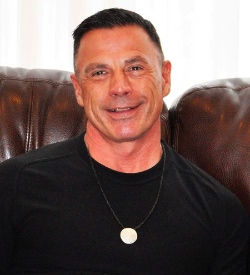
Native Police Liaison Constable Rick Lavallee will take part in the First Nations Voices series April 14.
The Coming Home Society is offering a First Nations Voices speaker’s series at St. John’s Shaughnessy Anglican Church later this month: “In the spirit of reconciliation, they will help us understand the trauma of the past, the challenging realities of the present, and their hopes for the future.”
In “The Spirit has no Colour” (April 14), former Vancouver Police Board member, Jerry Adams (Nisga’a), and Native Police Liaison Constable Rick Lavallee (Cree), will present a film produced for use in sensitivity training with new police recruits, and help participants toward a compassionate understanding of intergenerational trauma.
In “First Nations 101″ (April 21), Tsimshian author Lynda Gray will introduce her book (First Nations 101: Tons of stuff you need to know about First Nations people). Participants will gain a better understanding of our shared history and of the many issues that affect the daily lives of First Nations peoples.
“We are the future” (April 28), will feature two of several young First Nations (Nisga’a) women who recently obtained Doctor of Philosophy degrees. Amy Parent and Melissa Adams (with Melanie Delva) will bring Aboriginal perspectives to the areas of education and archives.

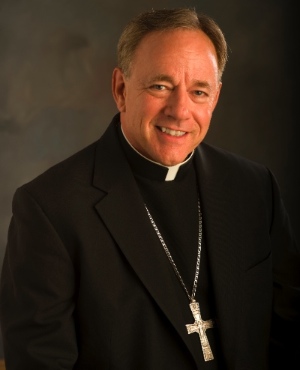
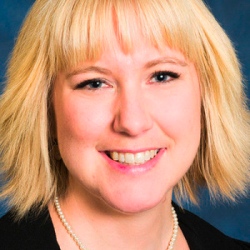
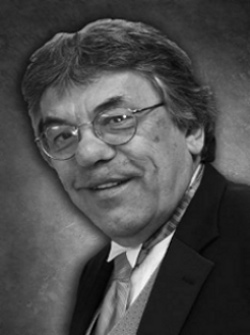
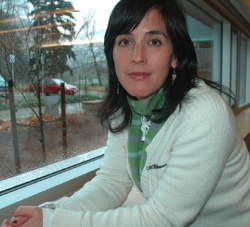
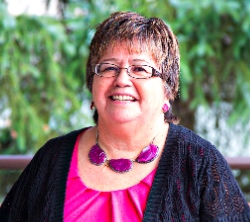
Well, what can be said but it’s about time? Where has the Church been? And while these are all very positive steps, in general, the Church has a long way to go, and perhaps especially in the Fraser Valley, the Bible belt, where Churches, mostly all named “Community Churches” are awash in Dutch and Mennonite names, and virtually no people of any shades of brown in leadership.
Also, Churches, it’s time to move past seeing Aboriginal peoples as a mission field – something I am continuing to notice on some Church websites. Truthfully, I think we need more dedicated Urban Aboriginal Church services, and to do Church on our terms.
The public schools are years ahead of the Church – strengthening and equipping young people – will Christian Aboriginal people really want to go back to pretending all is “normal” at Church?
Thank You for gathering all this information about the churches responses to the TRC Calls To Action and sending this out to the world. There are some events that i will be attending and have marked on my calendar.
Deacon Rennie